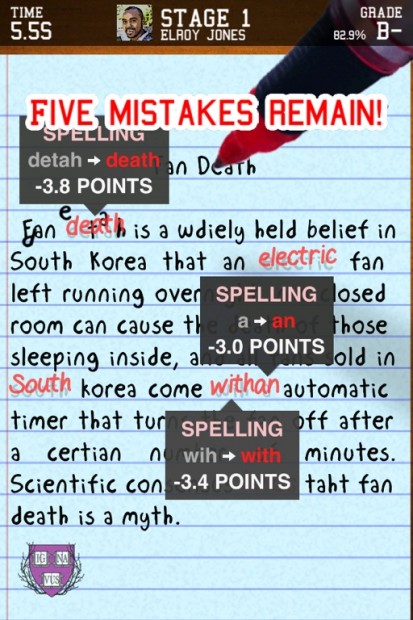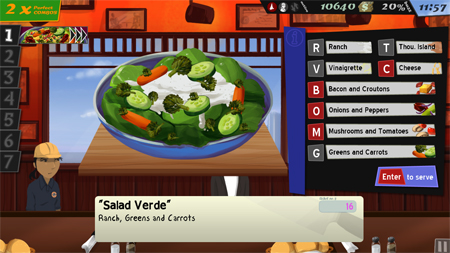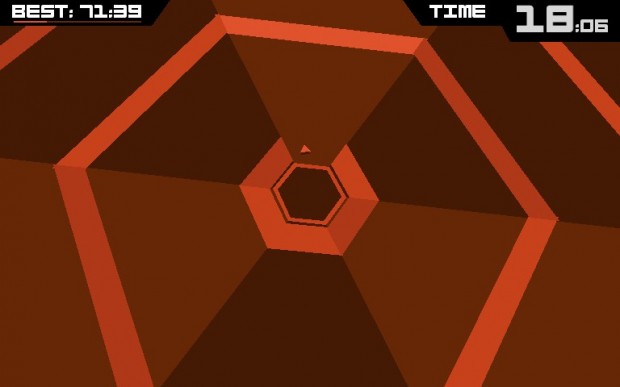It was somewhat funny to attend my first DrupalCon this week, given my personal trajectory of CMS systems over the years. For those that haven’t been with me since the very beginning: after cobbling together my own rudimentary CMS in 2000, I switched to Drupal for a good 18 months. An attempt to upgrade to the bleeding edge around 2003 nuked all my data, and in a fit of rage I switched to MovableType. A later fit of rage would take me from MT to WordPress. At the office, we’re embarking on a big transition to Drupal – so this as a training event made sense, even if I’m over a decade removed from my personal experience with it.
My conferencing experience has generally been in one of two buckets: Apple (I’ve attended 5 WWDC events over my time at WCMC) and OReilly (Web 2.0 and the retrospectively hilarious ETech Conference). But an open-source conference was something new, and so I wasn’t sure what to expect – although my personal stereotypes and biases towards any given nerd software bubble started to come together.
A few scattered thoughts:
The Drupal community, happily, is more diverse than I expected. Women were well represented – not a majority, but a constant presence. There was a wide range of ages and nationalities. There were thankfully few neckbeards or fedora hats.
As someone who is far removed from his engineering days, I was thankful that the tracks are broad and diverse. Standouts were Relly Annett-Baker on content strategy, the NBC Universal team on “internal open source”, and all three of the keynotes – which strikes me as a rare thing to have three keynote speakers that all knock it out of the park. There are direct lessons that I’m taking away that will make a difference to our community as we move forward with Drupal.
There is, however, an odd tension in the community around Acquia, a consulting/hosting/development company that seems to be partnered and competing with every other vendor at the show. We spoke at length with Acquia during our planning for Drupal at WCMC, and it’s interesting to see the dance from vendors who both have to compete in their space and sometimes rely on them for business. “Mafia-esqe” is how one person described it to me.
While I really enjoyed the content of DrupalCon, the venue (the Oregon Convention Center) was ill equipped for a modern conference. Flaky wifi, bad cell coverage, and a complete lack of power outlets meant I spent an larger amount of time swearing and worrying about power management than I should have.
One technology shout-out: GroupMe is a life saver when you’re traveling with a team to a conference. We had a total of 7 people from my office at the conference, and for coordinating meals / session seating / late night outings, it was perfect. We already use it in the office for some level of emergency coordination, but as a non-emergency tool it was beautiful. Highly recommended.
The conference was in Portland, giving me cause to visit Stumptown for the fourth time in under two years. Removed from my usual downtown hotel, being stuck near the convention center gave me more cause to explore by bus and MAX, and I finally ticked off most everything that was left on my Portland todo list. Visits were finally made to Pok Pok (that drinking vinegar! those wings!) and Screen Door (that fried chicken! that cake!), to Bunk Sandwiches (that cubano!) and Voodoo Donuts (that Portland Cream!). Salt and Straw (that ice cream!) ended up getting my business twice. As I joked on Twitter yesterday – Portland is why I’m fat. (Bring on THE WEEK OF SALAD AND WORKOUTS(tm).)
Having now done Portland to excess, I’ve put together a [Foursquare list](https://foursquare.com/remy/list/dans-portland) of all the places I’ve been and loved. It’s surprisingly complete: hotels, coffee shops, upscale restaurants, quick eats, bars, and green spaces all made it in. (It is actually be longer than my similarly themed NYC list.)


